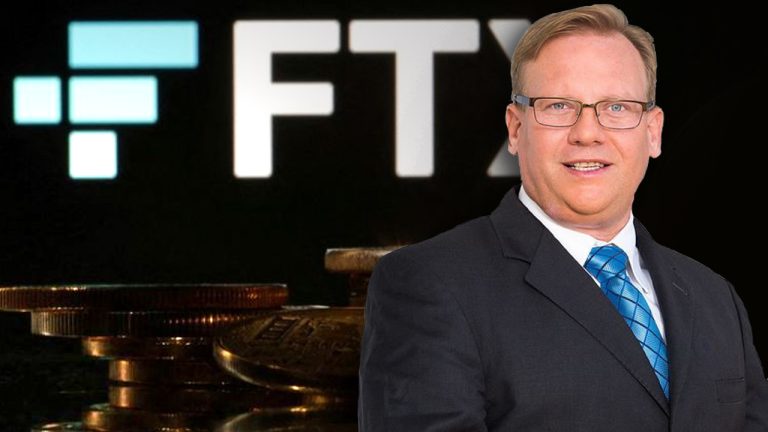
Cryptonauts co-founder Nathan Leung tells The Agenda how and why his team creates crypto content for the culture.
While the term “fake news” has been floating around for a while, the phrase was given new life and popularity when former United States President Donald Trump turned it into a viral campaign slogan. “Fake news” eventually became a generation-defining meme, and this is likely because there is a certain truth to the phrase that resonates with the public to this day.
Media does occasionally make mistakes in its reporting, and even Cointelegraph is not immune to this. At the same time, news anchors, journalists and media companies are also known to cast aside objectivity and inject their personal opinions — or those of their paid sponsors — into what is promoted as strictly fact-based news.
In 2023, this has become a crisis facing crypto content creators. The proverbial “jig” is up, and many investors are now well aware that much crypto-focused content has an ulterior motive of shilling a particular coin or, in some cases, an unannounced paid sponsor backing the content of the day. As a result of the broader fallout, several professional and hobbyist crypto content creators have told The Agenda that maintaining and growing their subscribers has been a challenge this year.
On Episode 22 of The Agenda, hosts Ray Salmond and Jonathan DeYoung spoke with Nathan Leung, co-founder and host of the Cryptonauts YouTube channel, about the nuts and bolts of educating and onboarding new users to crypto on YouTube — and how to remain ethical while doing so.

Humanizing is appetizing
Leung told The Agenda that when attempting to separate oneself from all the chaff, “humanizing” the content is a useful and effective tactic, given that “in times like this, everyone’s like, ‘NFTs are a scam, blah, blah, blah. Everything’s a scam.’” But as he points out, “There’s also good people trying to make digital ownership a real thing. There’s actually builders actually running hackathons, trying to find the best project, right? There’s actually real builders who want this technology to kind of help the world in a way.”
So, Cryptonauts talks to these builders and highlights that they are just regular people with a mission. “It’s kind of just humanizing. It’s like, yeah, you’re worth $250 million or $18 billion, right? But what do you do? Do you wake up in the morning? Do you have a family? Do you walk your dog?”
Related: The Agenda podcast predicts the future of crypto and talks adoption
Leung also emphasized the importance of respecting “the viewer’s time,” highlighting that the ultimate goal is to have viewers watch a whole video and not feel like their time was wasted.
“If they’re going to watch our video, we want them to at least watch it all, right? So, if we feel like it’s not absolutely necessary, we don’t want to waste their time either, because time is obviously the most valuable currency. So, we just try to make it short and sweet.”
He added, “I think a lot of people think that longer videos are better, but I think if you can just save people time and condense it and just make it engaging, it could be two minutes.”
Why Cryptonauts values organic growth over paid shilling
While many crypto content creators have been exposed for shilling their bags or accepting money under the table to promote other projects’ tokens, Leung says Cryptonauts doesn’t have this issue because they don’t depend on sponsored content for money.
“So, I think we had one rule: We said we would never do ICOs [initial coin offerings] very early on. We would only cover projects that were already listed and already launched, which turned out to be a good one. And we also kind of made it our fundamental rule not to push any exchanges — you saw what happened with FTX.”
Placing authenticity and enjoyment over monetization, Leung said, “We just do what we want, and we tell the stories we want. We just want to tell some good stories, make some good content and have fun while doing it. I think that’s the most important thing because money can’t buy passion.”
Despite admitting that “people don’t really care about crypto” right now when asked about Cryptonauts’ goals for the future, Leung said that the channel is “really trying to unite the crypto community.”
“I think we want to start doing something a little bit different. Just to kind of practice what we preach. If we are about community, we should start doing some real-life events.”
To hear more from Leung’s conversation with The Agenda — including Cryptonauts’ future vision for combining real-life experiences with crypto content and giving back to its community — listen to the full episode on Cointelegraph’s Podcasts page, Apple Podcasts or Spotify. And don’t forget to check out Cointelegraph’s full lineup of other shows!
Magazine: Singer Vérité’s fan-first approach to Web3, music NFTs and community building
This article is for general information purposes and is not intended to be and should not be taken as legal or investment advice. The views, thoughts, and opinions expressed here are the author’s alone and do not necessarily reflect or represent the views and opinions of Cointelegraph.











